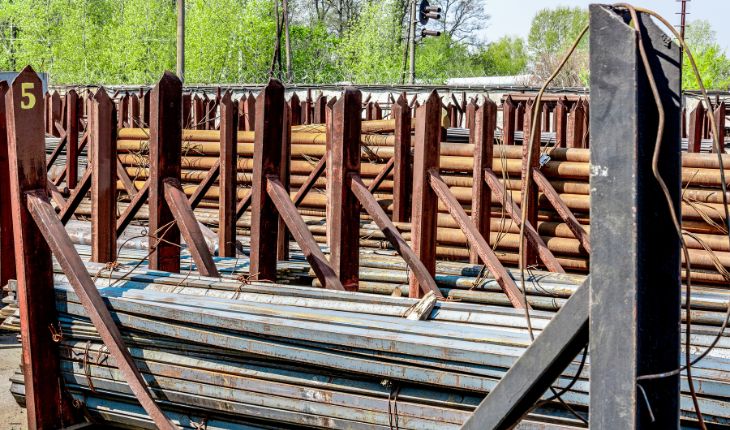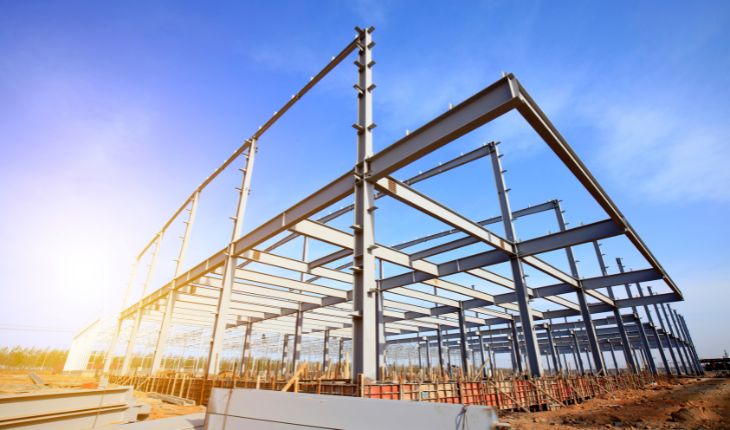Understanding Base Metals – The Backbone of Modern Industry

Strong 8k brings an ultra-HD IPTV experience to your living room and your pocket.
When we think about the driving forces behind global infrastructure, innovation, and technology, base metals are often the unsung heroes. While they may not shine like gold or sparkle like silver, base metals are the true backbone of modern civilization. Found in everything from buildings and bridges to batteries and smartphones, these metals are the foundational elements that keep our world running, moving, and evolving.
Unlike precious metals, base metals are more abundant and are commonly used in industrial applications due to their physical strength, conductivity, and affordability. Copper, zinc, lead, aluminum, nickel, and tin are some of the most well-known base metals, each playing a distinct role in shaping our lives. Their utility may be largely hidden, but their impact is undeniable.
Expert Market Research Insight – The Core of Industrial Progress
According to Expert Market Research, base metals are not just raw materials—they are essential enablers of progress. From construction and automotive to electronics and renewable energy, the increasing complexity of global industries has magnified the demand for these metals. Expert Market Research points out that their strategic significance lies in their ability to bridge traditional manufacturing and next-gen innovation, making them pivotal in sustainable infrastructure, electric mobility, and digital expansion. As industries continue to shift toward greener and smarter technologies, base metals are expected to remain at the heart of this transformation.
More Than Just Metal: Why Base Metals Matter
What makes base metals so integral isn’t just their quantity or utility—it’s their irreplaceable nature. Copper, for instance, is the lifeline of modern electrical networks due to its exceptional conductivity. Aluminum, lightweight yet strong, is indispensable in transportation and packaging. Zinc is the quiet guardian, protecting steel from corrosion. These metals form the silent framework of our modern comforts and conveniences.
Their roles extend far beyond heavy industry. Base metals are inside your mobile phone, your laptop, your car, and even your home plumbing system. They are the raw essence of our built environment, shaping both the tangible and digital infrastructure around us.
India’s Enduring Connection with Base Metals
India’s relationship with base metals runs deep—from historical mining practices to its growing demand for infrastructure and urban development. As the country expands its cities, electrifies its villages, and invests in transportation and housing, base metals form the raw blueprint of this transformation. Copper is widely used in power transmission and renewable energy initiatives, while aluminum supports the rapid growth of the aviation and construction sectors. Even rural electrification and smart city projects are powered by the steady flow of base metal resources.
What’s truly remarkable is how these metals support not just mega-projects but also the everyday lives of millions of Indians—from the utensils in a kitchen to the wires powering a mobile charger.
Sustainability and Circular Use: A New Era for Base Metals
One of the most promising trends in the base metal landscape is the shift toward sustainable mining and recycling. These metals can be recycled without losing their properties, making them ideal candidates for a circular economy. With environmental concerns and resource limitations becoming more prominent, industries are now rethinking how base metals are sourced, used, and reused.
This is especially critical in sectors like electric vehicles and renewable energy, where demand for metals like nickel, copper, and aluminum is surging. Responsible sourcing, ethical mining, and innovative recycling processes are no longer just goals—they are imperatives.
A Hidden Influence on Technology and Innovation
While often overshadowed by flashier materials, base metals are at the core of technological progress. They are inside the circuitry of smartphones, the wiring of electric cars, and the coils of wind turbines. Nickel enhances battery storage capacity, while copper enables fast and stable internet connections. Even 5G infrastructure relies heavily on base metals to perform at optimal levels.
As we continue to innovate, the demand for these silent contributors will only intensify. Without base metals, there is no transition to smart homes, clean mobility, or green energy.
The Foundation We Can’t Live Without
Base metals might not grab headlines or sit in jewelry boxes, but they are everywhere, powering progress one molecule at a time. They represent strength, adaptability, and infinite utility in a world that’s moving faster and becoming more complex. From the foundations of our homes to the fingertips on our devices, base metals connect us in ways we rarely stop to consider.
Understanding and appreciating the value of these metals isn't just about knowing what they are—it's about recognizing their essential role in everything we build, use, and aspire toward. As industries evolve and innovations emerge, base metals will remain quietly but powerfully at the center of it all.
Note: IndiBlogHub features both user-submitted and editorial content. We do not verify third-party contributions. Read our Disclaimer and Privacy Policyfor details.







